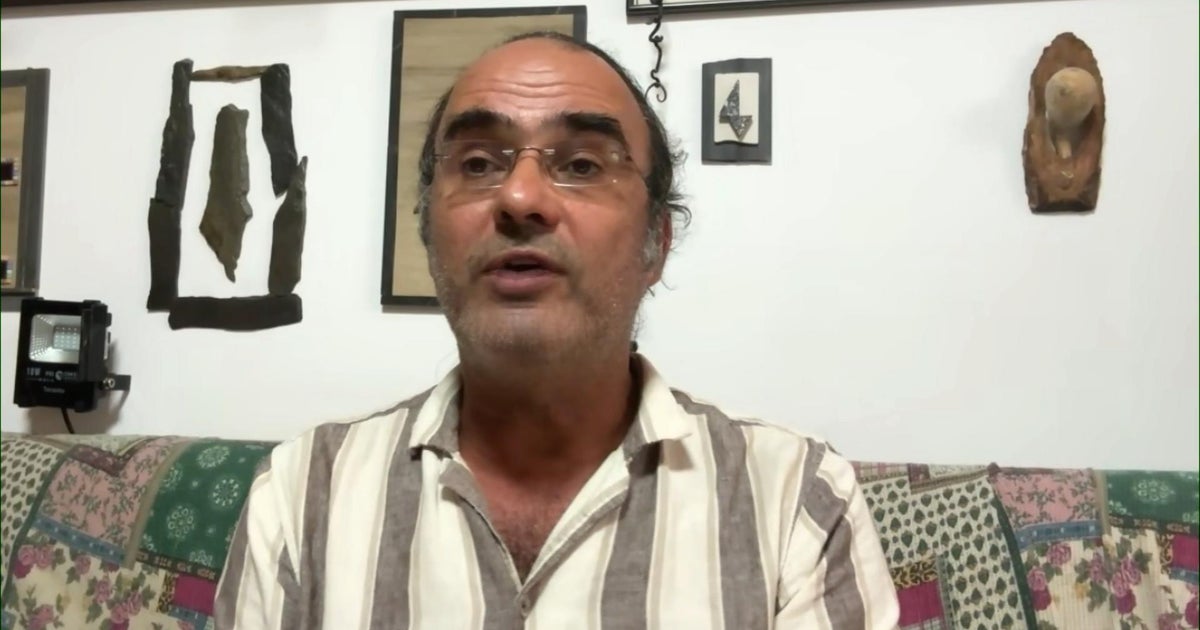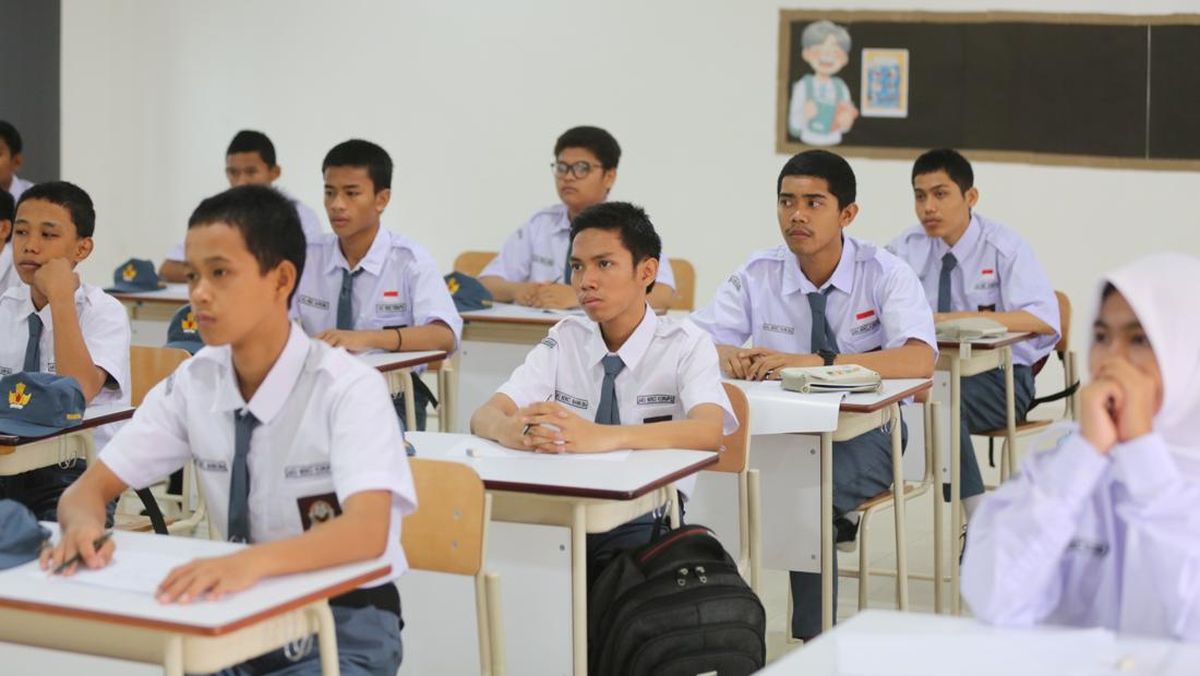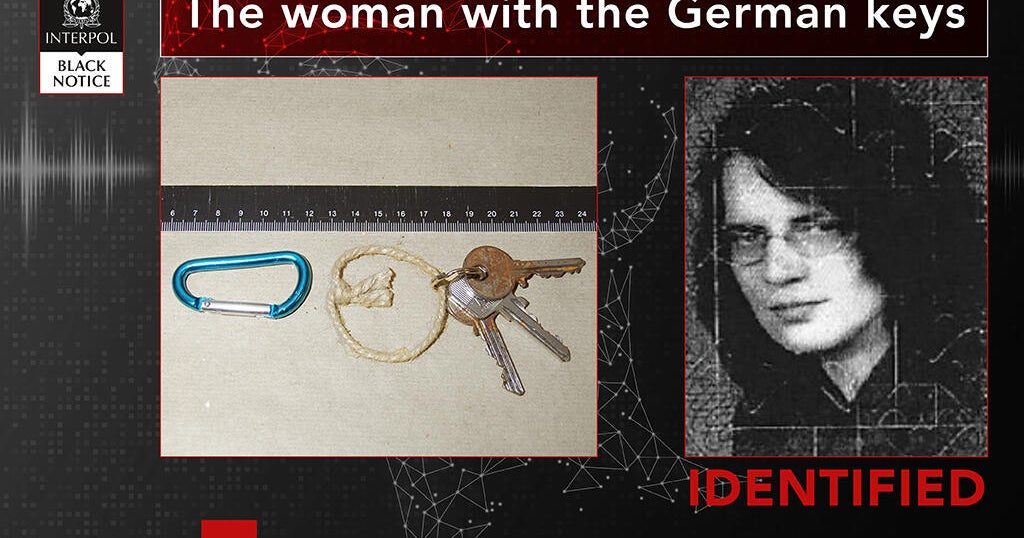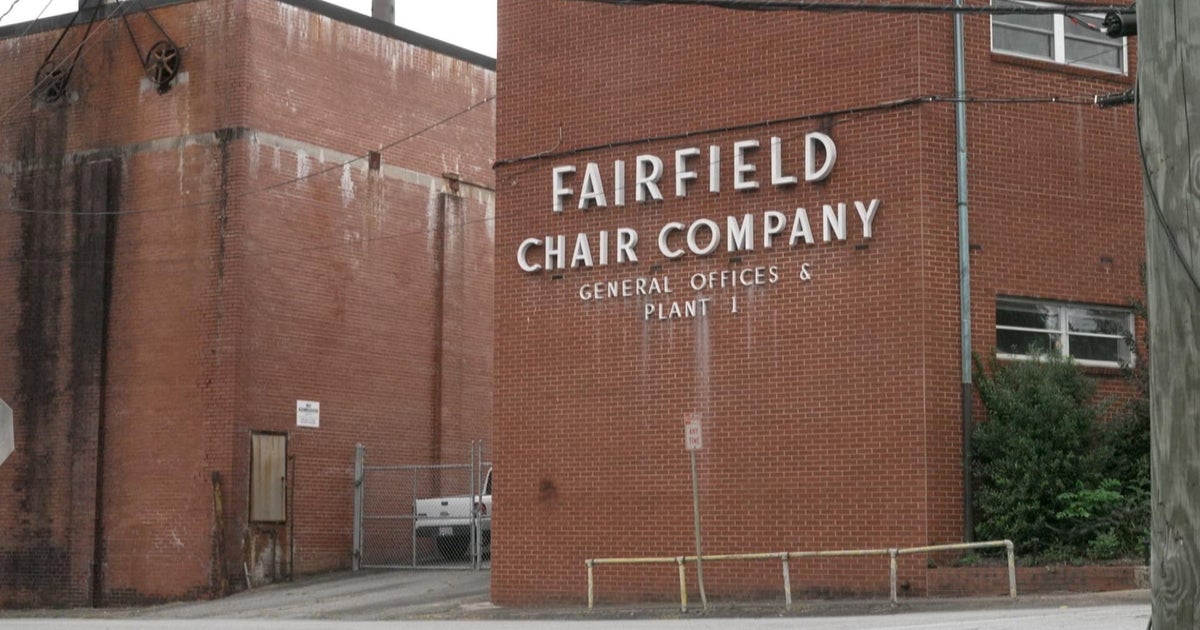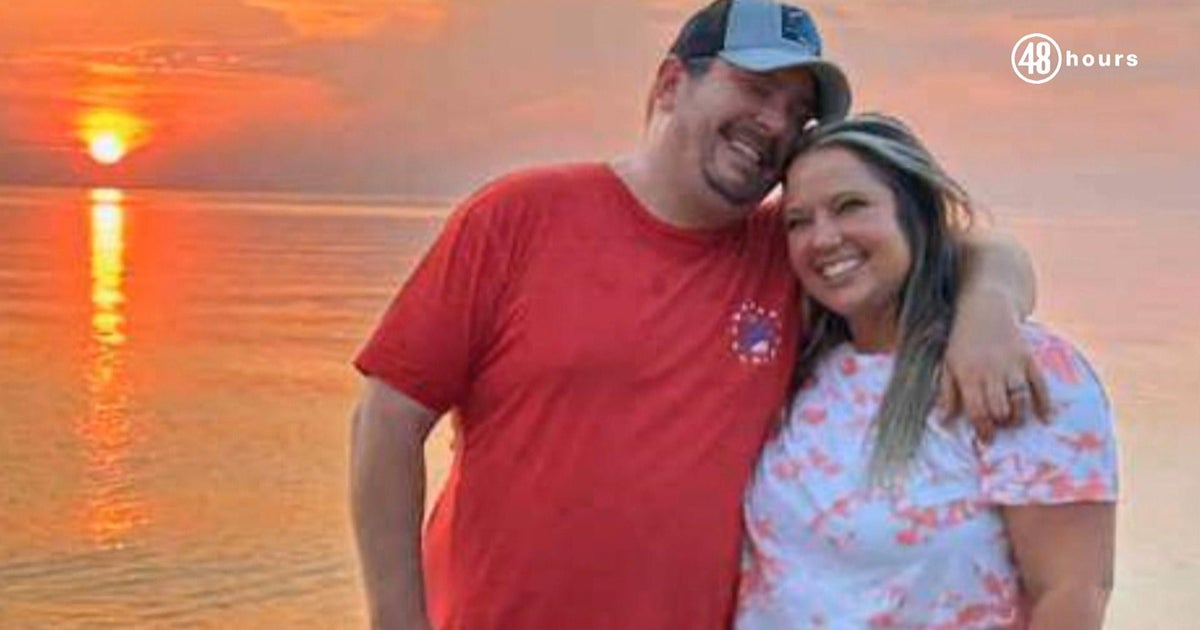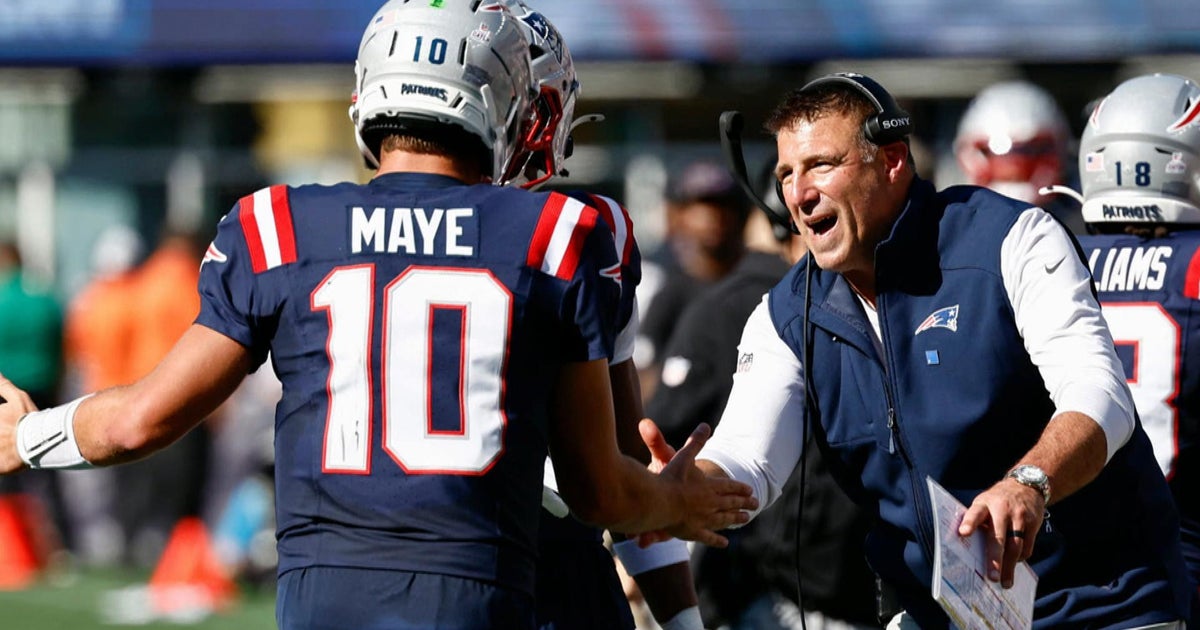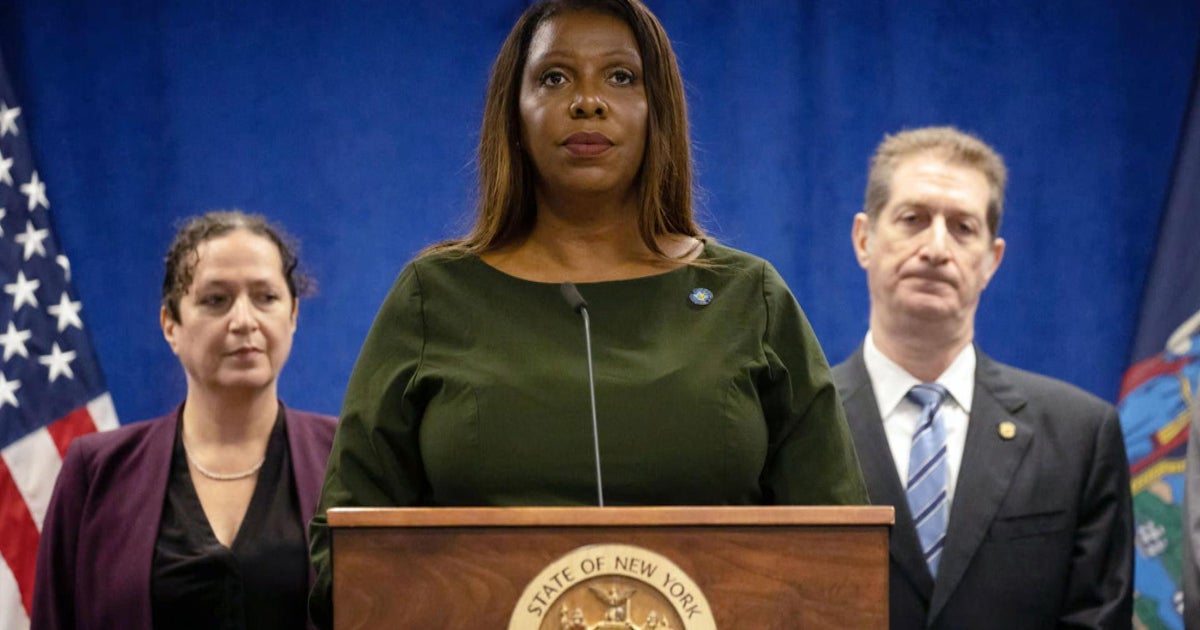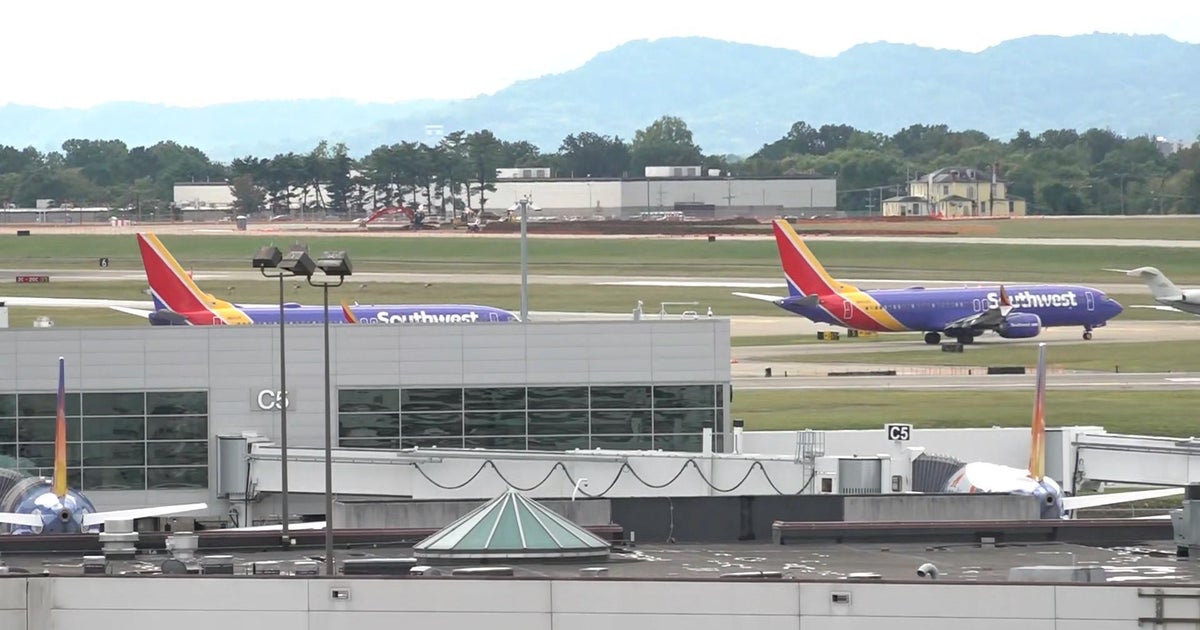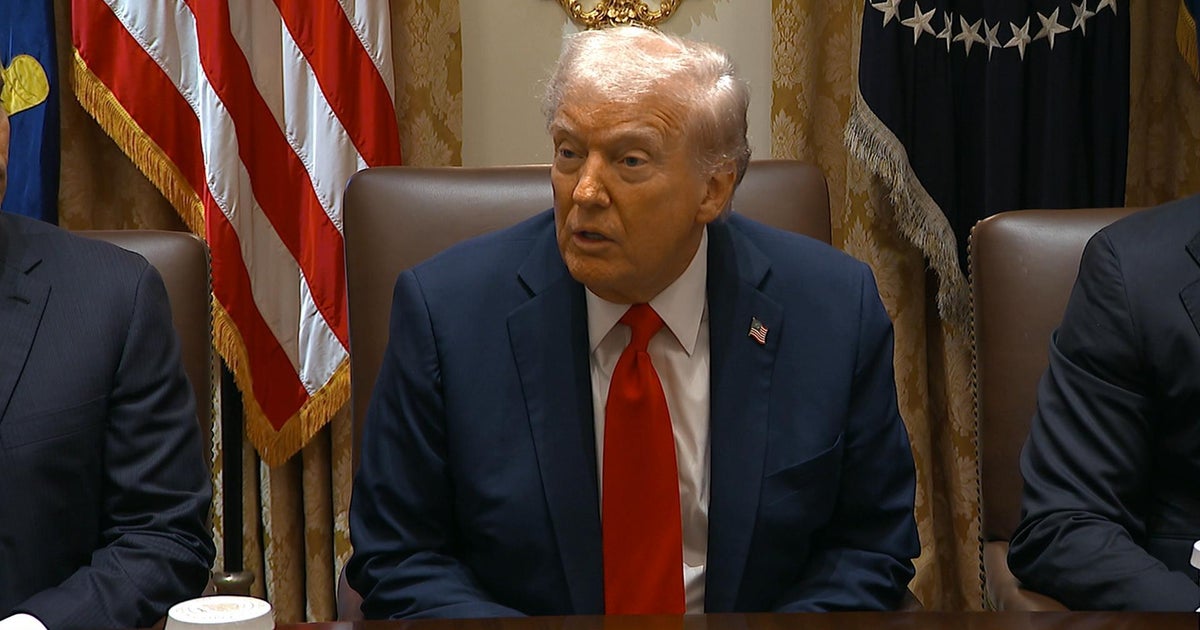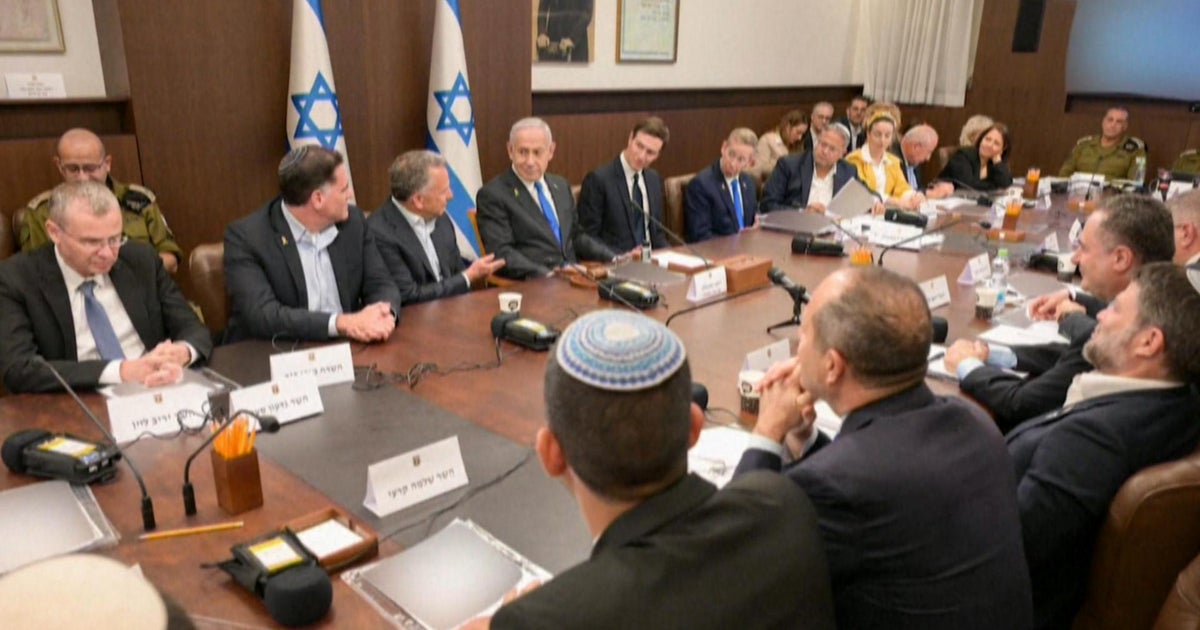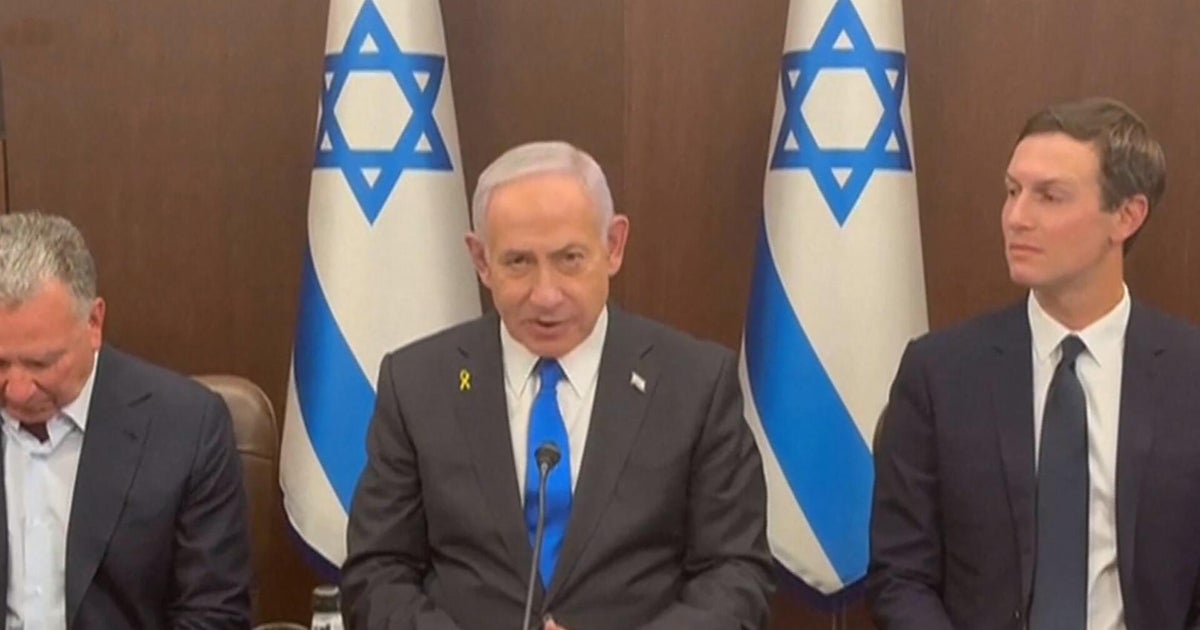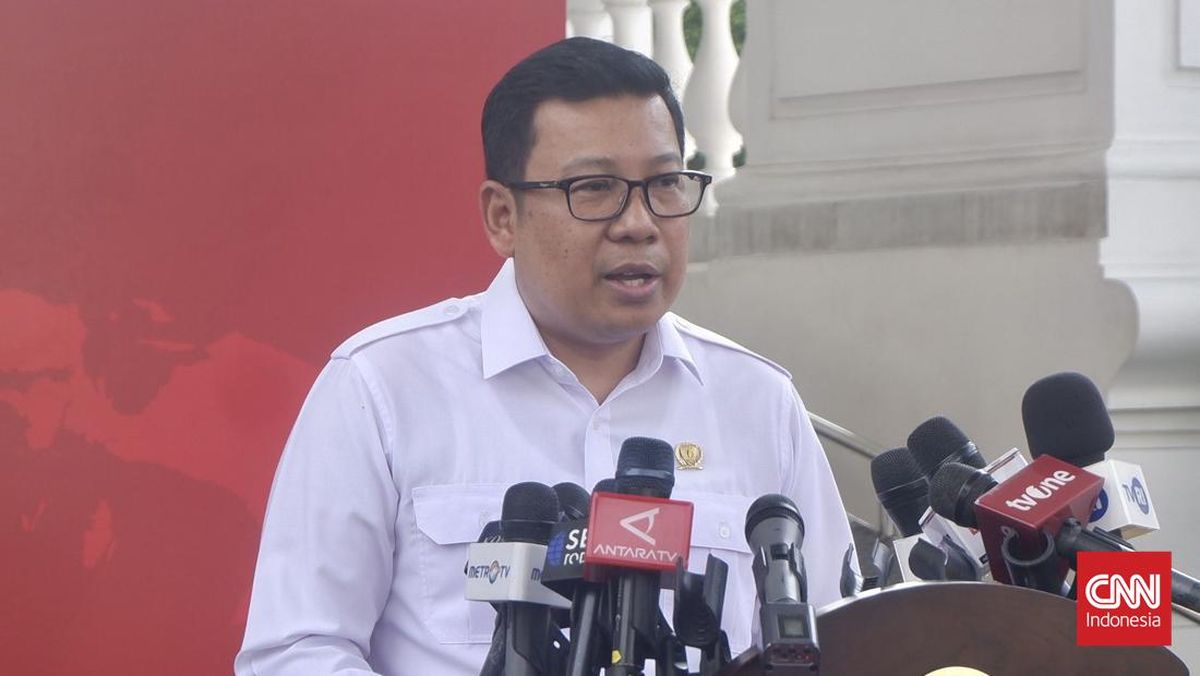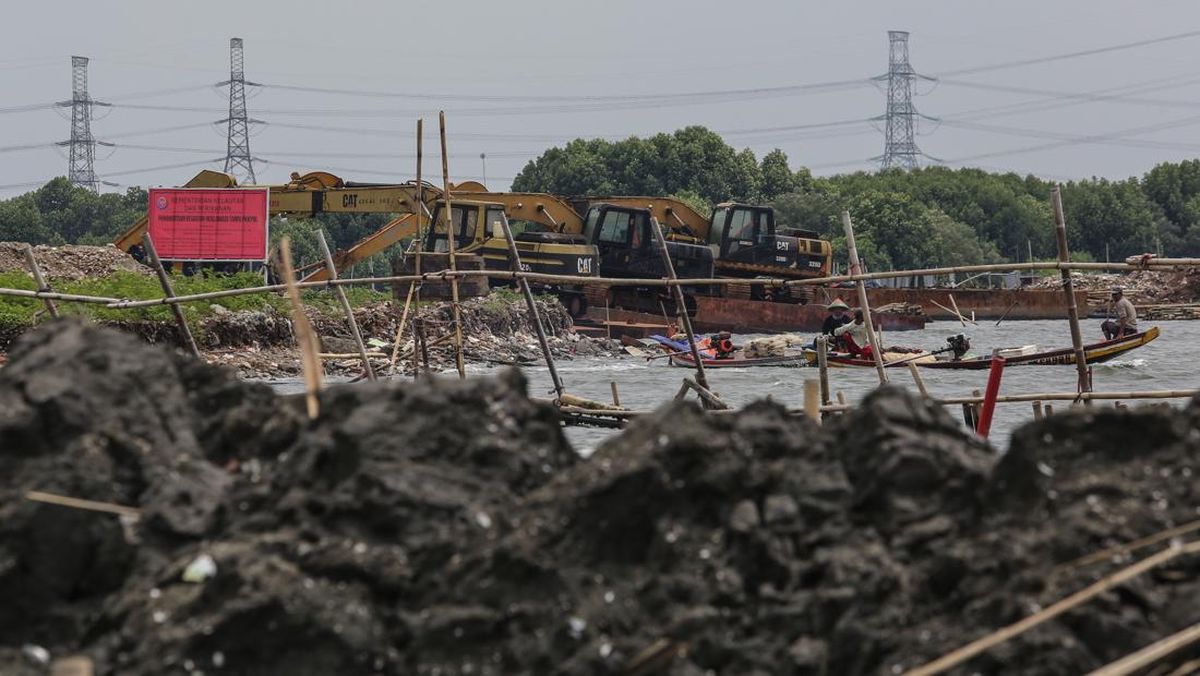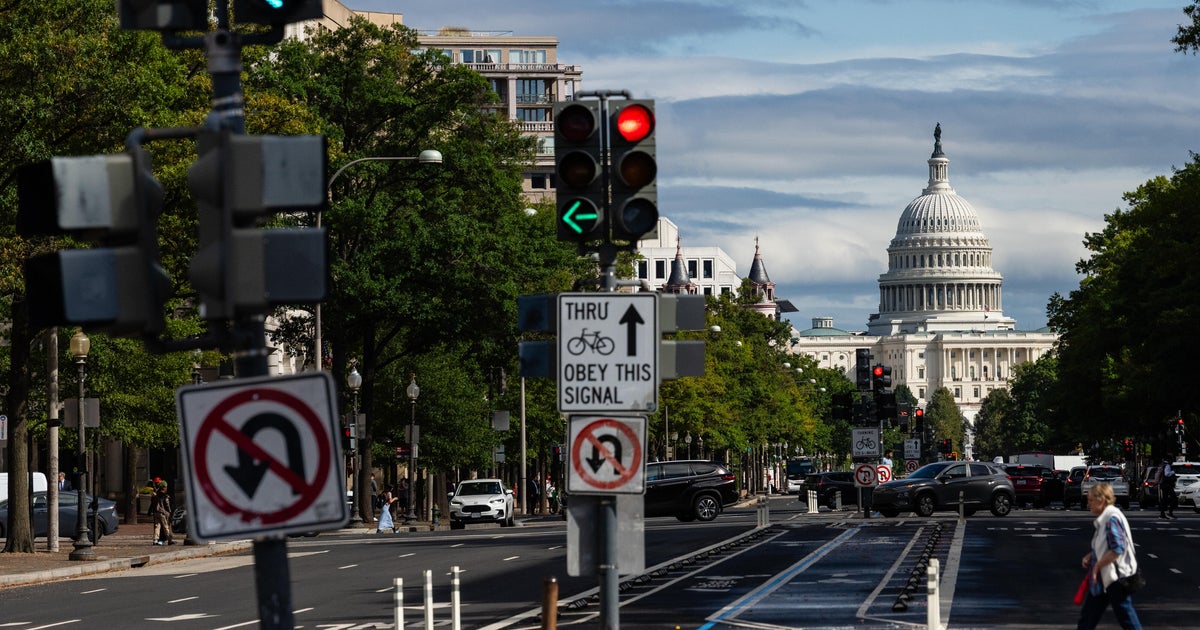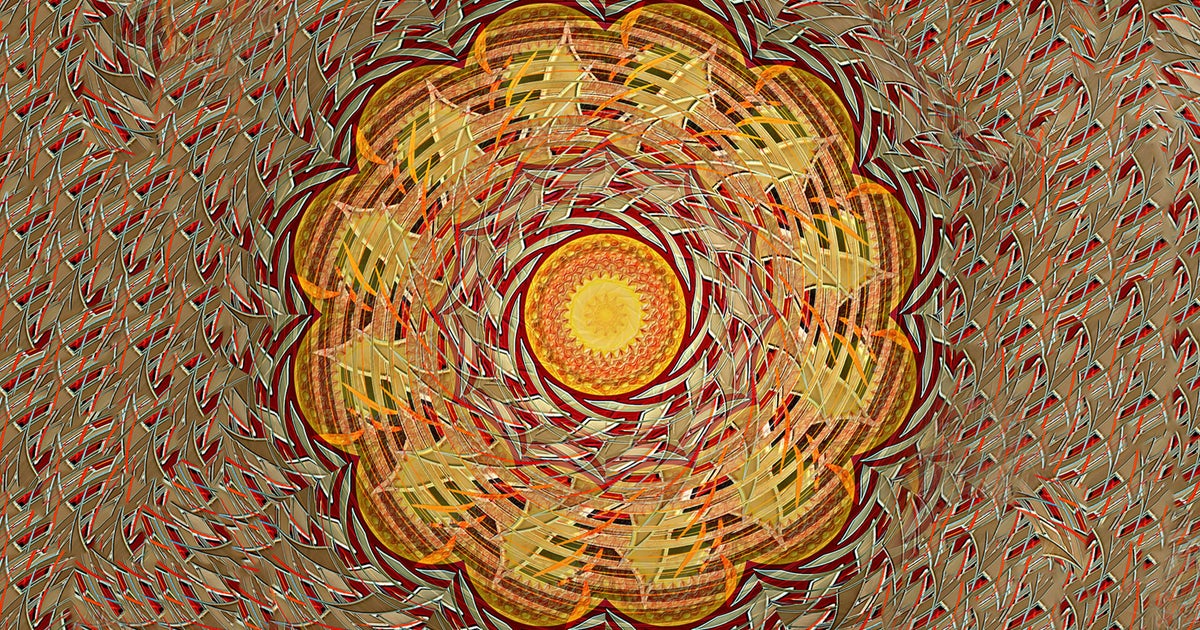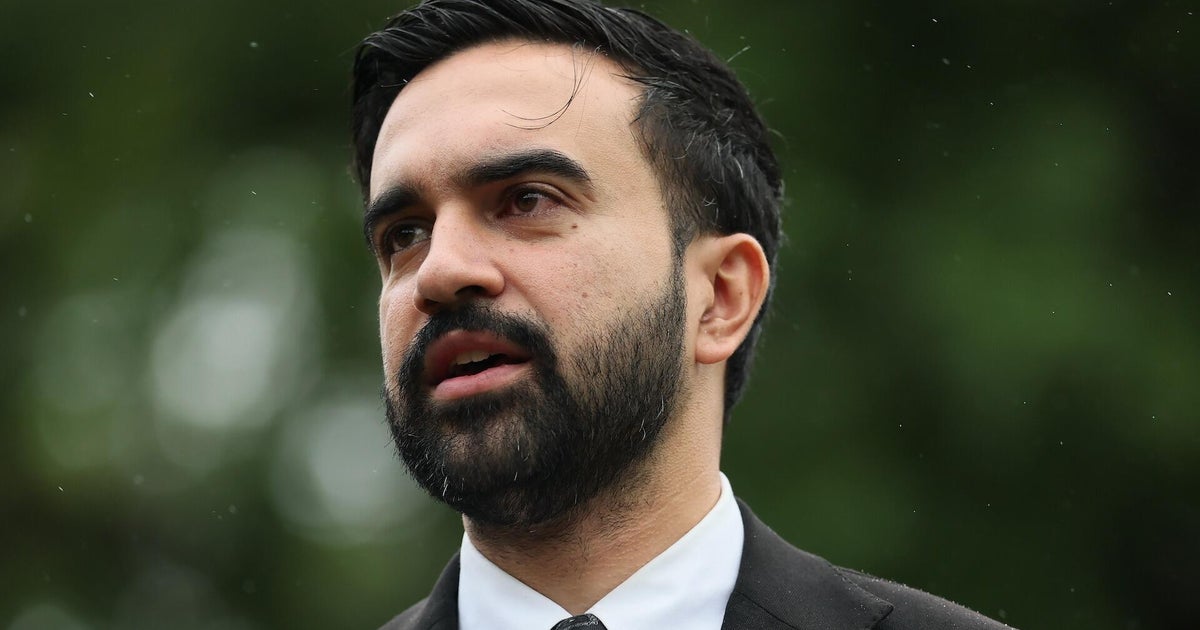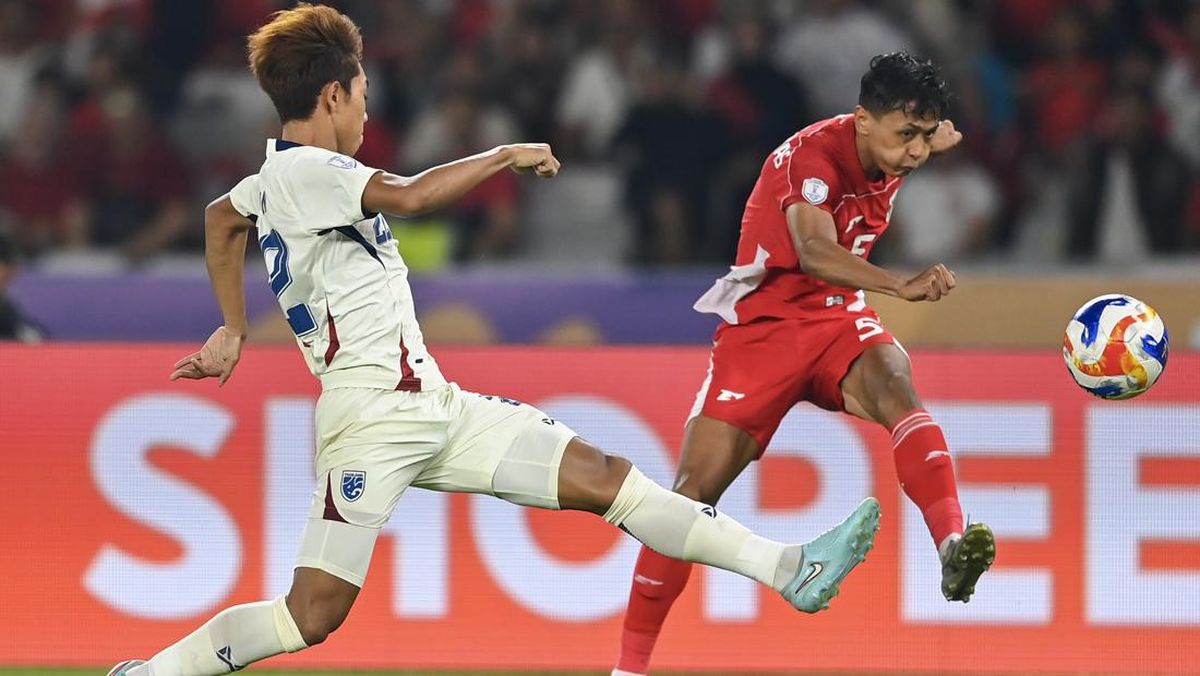Most Australians believe it is important for Prime Minister Anthony Albanese to secure a meeting with United States President Donald Trump to advance the US-Australia relationship as the number of days for the pair to meet this month dwindles.
New polling conducted exclusively for this masthead also shows most Australians support, or at least accept, the AUKUS nuclear-powered submarine pact and are evenly split on the Albanese government’s decision to recognise Palestinian statehood.

Prime Minister Anthony Albanese and US President Donald Trump.Credit: Nathan Perri
Albanese has yet to lock in his first face-to-face meeting with Trump as he prepares to head to New York this weekend for the UN General Assembly on a trip where the prime minister also hopes to build support for the AUKUS pact that this masthead’s Resolve Political Monitor shows most Australians either support or accept.
Albanese has acknowledged that Trump’s decision to attend the funeral of right-wing influencer Charlie Kirk in Arizona ruled out the possibility of a meeting on Sunday.
Albanese now has three days next week in which to meet Trump, either on the sidelines of the UN meeting in New York or at the White House, before he is scheduled to fly to the United Kingdom for a visit on Thursday.
The latest Resolve Political Monitor survey of 1800 people, conducted from September 9 to 13, found that 52 per cent of Australians believe it is important for Albanese to meet Trump, despite the vast majority of respondents having a negative opinion of the US President.
However, more than a third of voters said they do not believe it is important for Albanese to meet Trump.
When asked about a possible meeting with Trump in the US, Albanese said that “we will meet when we meet”.
“Obviously, there are things [that] occur, such as the funeral, of course, as a result of Mr Kirk’s tragic murder, will occur on Sunday,” he told the ABC on Monday.
Loading
“There’s a range of events occurring as well. And that means that people’s arrangements, you know, will be finalised when, when they’re finalised.”
In a separate interview on Perth radio, Albanese said: “We’ll see each other in New York. [Trump] is hosting a reception on Tuesday night of next week. And as well, we’ll see each other at various forums that are taking place between now and the end of the year.”
Albanese was supposed to meet Trump on the sidelines of the G7 summit in Canada in June, but the President had to leave early to deal with the war between Iran and Israel.
One of Albanese’s most important priorities in a meeting with Trump will be to secure the President’s backing for AUKUS, which is currently being reviewed by the Pentagon.
Fifty-seven per cent of respondents to the Resolve survey said they support or accept the AUKUS submarine pact.
Twenty-two per cent said they actively supported the acquisition of nuclear-powered submarines with the help of the US and UK, slightly more than the 20 per cent who said they oppose the plan.
Thirty-four per cent said they don’t have strong feelings on the issue, but find the purchase of nuclear-powered submarines acceptable, while 24 per cent were undecided.
Former Labor leader and US ambassador Kim Beazley told this masthead he believed the AUKUS pact was “pretty safe”, saying: “Every step the Americans have asked of us we have taken.”
He praised the Albanese government’s announcement on the weekend that it would spend $12 billion upgrading the Henderson shipyards in Western Australia in a move that will allow them to be used to maintain American and British submarines.
Michael Green, chief executive of the US Studies Centre at the University of Sydney, said the Henderson spending “shows Australia is serious about AUKUS”.
“Trump has not said anything negative about AUKUS, and most people in the administration will be telling him to support it,” Green said.
The number of Australians with a positive view of Trump bumped up to 22 per cent, a four percentage point increase from July, but 58 per cent of Australians said they have a negative view of the president.
Australians were evenly split on Albanese’s plan to recognise Palestine at the UN meeting, with 29 per cent of Australians supporting and opposing the move respectively.
Forty-two per cent said they were unsure or had no opinion, suggesting the issue is not a high priority for many voters.
After almost two years of ferocious Israeli bombardments on Gaza, 39 per cent of Australians said they wanted to see an immediate end to the war without any preconditions.
A similar number of voters said they supported ending the war only when Hamas, the listed terror group that launched the shock October 7 attacks in Israel in 2023, agrees to particular conditions.
Twenty-two per cent said they only supported ending the war if Hamas is removed from power in Gaza while 13 per cent said they supported ending the war when the remaining hostages are returned to Israel.
Twenty-seven per cent of voters said they did not have an opinion on the war.
Cut through the noise of federal politics with news, views and expert analysis. Subscribers can sign up to our weekly Inside Politics newsletter.
Most Viewed in Politics
Loading

